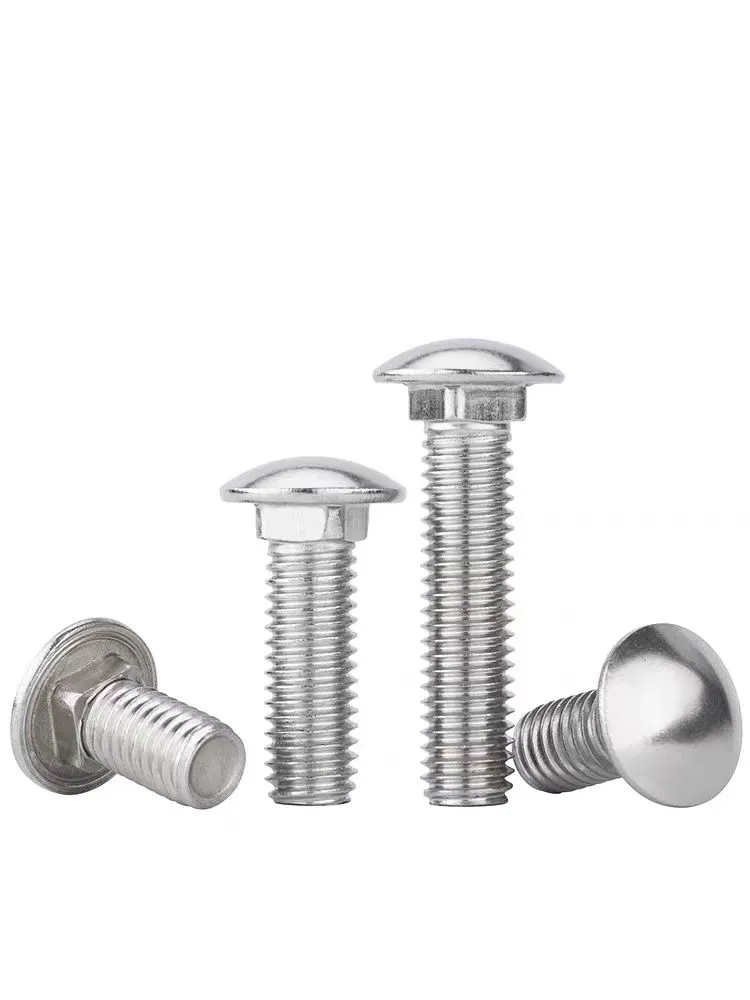

Custom Stud Bolts Tailored for Your Industrial Needs and Specifications
Nov . 07, 2024 21:01 Back to list
Custom Stud Bolts Tailored for Your Industrial Needs and Specifications
Custom Stud Bolts The Vital Component for Precision Engineering
In the world of engineering and manufacturing, the importance of fasteners cannot be overstated. Among the myriad types of fasteners available, custom stud bolts stand out as a crucial element that ensures the integrity and stability of structures, machinery, and various applications. This article delves into the significance of custom stud bolts, their specifications, manufacturing processes, and applications across different industries.
Understanding Custom Stud Bolts
Custom stud bolts are specially designed fasteners characterized by their elongated shape and threaded ends. Unlike standard bolts, which often come in fixed sizes and threads, custom stud bolts are tailored to meet specific requirements of various projects. This customization can include length, diameter, thread pitch, material, and coating options. The unique design of stud bolts allows them to be utilized in a range of applications where traditional bolts may not suffice.
Specifications and Standards
The design of custom stud bolts often adheres to several industry standards and specifications. These standards ensure that the bolts perform reliably under specific load conditions, temperature variations, and environmental factors. Common standards include ASTM (American Society for Testing and Materials), SAE (Society of Automotive Engineers), and ISO (International Organization for Standardization). Each of these standards outlines the quality requirements, testing methods, and performance metrics necessary for the application of stud bolts in various industries.
When specifying custom stud bolts, it is essential to consider factors such as load-bearing capacity, corrosion resistance, and thermal conductivity
. For instance, in marine or chemical applications, it is critical to choose materials that resist corrosion, such as stainless steel or specialized alloys. Furthermore, understanding the load requirements is crucial for selecting the appropriate diameter and length to ensure the joint's effectiveness.The Manufacturing Process
custom stud bolts

The production of custom stud bolts typically involves several key steps. First, a detailed design process is undertaken, where engineers and designers collaborate to create a prototype that meets the client's specifications. Advanced design software is often used to simulate the performance of the proposed design under various conditions.
Once the design is finalized, the manufacturing process commences. This may involve methods such as forging, machining, or casting, depending on the required material and design complexity. Forging is commonly employed for high-strength applications, while machining is often used for precision components. After forming, the bolts undergo surface treatment processes such as anodizing, plating, or coating to enhance their durability and resistance to environmental factors.
Quality control is a critical aspect of the manufacturing process. Custom stud bolts must undergo rigorous testing, including tensile strength tests, hardness tests, and dimensional inspections, to ensure they meet the specified standards. This guarantees that when these bolts are deployed in the field, they will perform as expected and uphold the integrity of the application.
Applications Across Industries
Custom stud bolts have a wide array of applications across various industries. In construction, they are often used in structural steel connections, offering the strength needed to ensure stability in buildings and bridges. In the automotive industry, custom stud bolts are vital for assembling engines, frames, and other critical components where reliability is paramount.
Moreover, in the oil and gas sector, custom stud bolts are used in high-pressure and high-temperature environments, requiring materials that can withstand extreme conditions. They are also extensively utilized in the electronics industry for securing components in machinery, ensuring proper function and safety.
Conclusion
In summary, custom stud bolts are indispensable fasteners that play a critical role in multiple industries. Their unique ability to be tailored to specific requirements makes them a vital component for precision engineering. As manufacturing processes and technologies continue to evolve, the demand for custom stud bolts will undoubtedly grow, underlining the importance of these small yet significant components in the complex landscape of modern engineering and construction.
Latest news
-
High-Strength Hot-Dip Galvanized Bolts-Hebei Longze|Corrosion Resistance&High Strength
NewsJul.30,2025
-
Hot Dip Galvanized Bolts-Hebei Longze|Corrosion Resistance&High Strength
NewsJul.30,2025
-
Hot Dip Galvanized Bolts - Hebei Longze | Corrosion Resistance, High Strength
NewsJul.30,2025
-
High-Strength Hot Dip Galvanized Bolts-Hebei Longze|Corrosion Resistance, Grade 8.8
NewsJul.30,2025
-
Hot Dip Galvanized Bolts-Hebei Longze|Corrosion Resistance,High Strength
NewsJul.29,2025
-
High-Strength Hot Dip Galvanized Bolts - Hebei Longze Metal Products Manufacturing Co., Ltd.|corrosion resistance&high strength
NewsJul.29,2025

